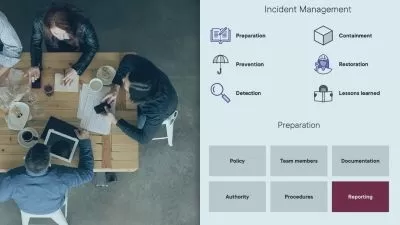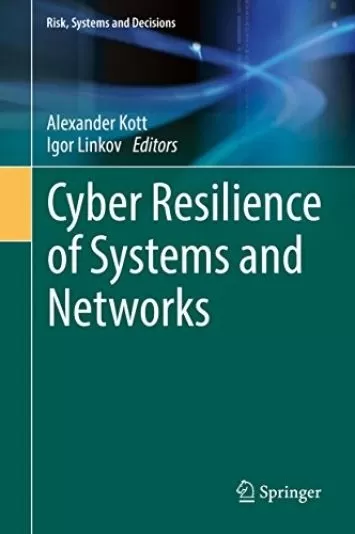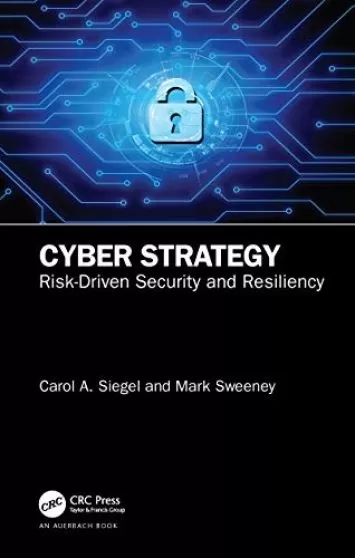About Risk ManagementLearn More
Risk management is the identification, evaluation and prioritization of possible risks and then the coordinated and optimal use of resources to minimize the possibility of the impact of unfortunate events or to maximize the possibility of realizing opportunities.
One of the most important goals of successful risk management systems is to focus on active risk management. Proactive risk management is defined by the proactive nature of the process.
Sort by:
Sorting
The newest
Most visited
Course time
Subtitle
Filtering
Courses
Subtitle

Linkedin Learning


Ayoub Fandi
Governance, Risk, and Compliance (GRC) for the Cloud-Native Revolution 1:57:42
English subtitles
07/01/2023
Subtitle

Linkedin Learning


Expert Dig
Managing Risk: A Solution Engineer's Guide 38:24
English subtitles
06/27/2023
![Risk Management Masterclass [2023] | Certification Course](https://traininghub.ir/image/course_pic/14196-x225.webp)
Udemy


Anil Sharma Kandel
Risk Management Masterclass [2023] | Certification Course 4:31:23
06/07/2023
Subtitle

Pluralsight


Matthew Kendall
Supply Chain Risk Management with OWASP Dependency-Check 47:15
English subtitles
05/13/2023
Subtitle

Pluralsight


Chris Blackden
Risk Management Strategy with Terrascan 27:30
English subtitles
05/13/2023
Subtitle

Pluralsight


Kevin Henry
Business Continuity (BC), Disaster Recovery (DR) & Incident Response Concepts for CC℠ 56:21
English subtitles
05/12/2023
Subtitle

Udemy


George Smarts
FMEA 2022- The Complete FMEA Training Course for Beginners 2:05:11
English subtitles
02/25/2023
Books
Frequently asked questions about Risk Management
Risk management is the proper identification and measurement of business risks. Keeping those risks aligned with goals is important to maintaining a well-functioning organization. In the business world, risk is comprised of assets, threats, and vulnerabilities. Every action or inaction in business involves potential risk. The outcomes of specific decisions, whether positive or negative, are seldom predictable with complete certainty. Therefore, many businesses today require risk managers skilled in assessing the risks of specific business decisions. It is important to note that risk is really not a matter of fate; rather, it's something organizations can manage actively through their decision-making process by incorporating a risk mitigation framework in their strategic decision-making.
Risk management is used in many different sectors, including financial services, insurance, real estate, healthcare, and IT, to name a few. Depending on the industry, many companies hire risk managers to oversee and create strategies for handling operational, financial, and/or compliance-related risks. In the cybersecurity sector, for example, a risk manager identifies and prioritizes threats to IT systems. While “risk manager” is an actual job title at many companies, professionals also handle risk management in a variety of other roles. In the financial services sector, portfolio managers focus on economic and financial risk, particularly related to investment management and specific financial regulations. Regardless of the sector, the main goal of any risk management professional is to reduce risk potential to best ensure higher rewards for their business.































